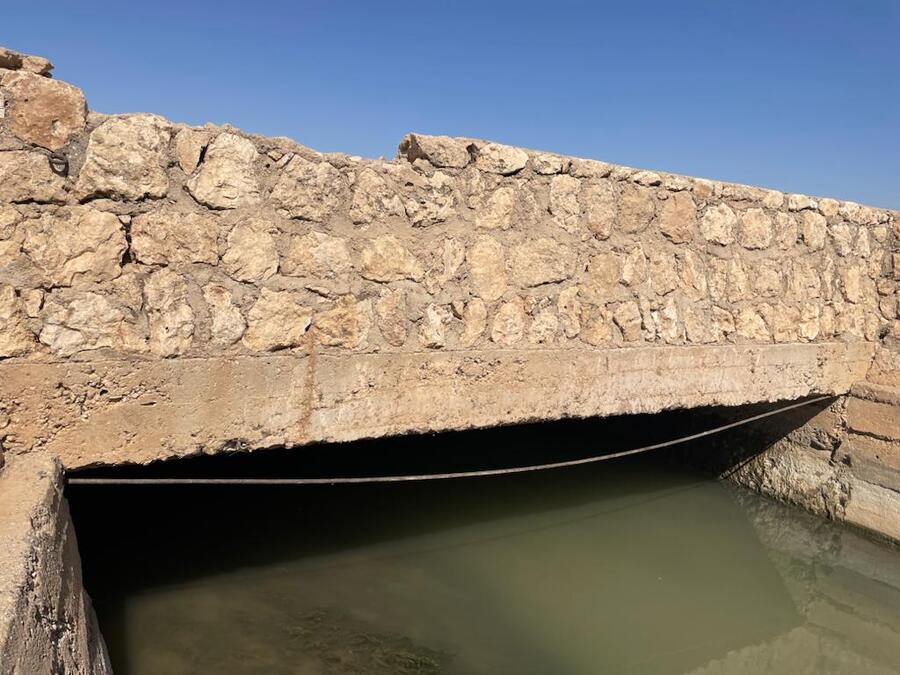Rebin Ozman
My childhood is in the 1990s. I and many of my peers, who were born in mountainous villages and spent half of our childhood there, were forced to move with our families to other suburbs or cities.
In the 1990s, as the resistance of the Kurdish people in the north of the country increased, the Turkish state increased its level of hostility and attacked all Kurds with incredible brutality. Thousands of our villages were evacuated by the Turks, tens of thousands of people were arrested, and hundreds were killed or disappeared. Our village, like thousands of other Kurdish villages, was forcibly evacuated by the state. Hundreds of us, Leyli school children coming from the villages, were sent from one place to another within a day. Many of our friends had moved to the city, and many like us had come to the villages near the city, but no matter how hard the government tried, it still could not evacuate all the villages.
I do not remember well, but it was either 1993 or 1994, I went back to Leyli School. I wasn't aware of anything. We left school on Friday as usual, but there was something strange. My older brother said we should go downtown. We left. There we got into a tractor and headed to the village. It was like a game to me. By the time we reached the village, I was very tired because of the bad road. As usual, after we went home, I sensed something strange. Everything was assembled. My father was not at home. He and one of my cousins had been arrested. The Turkish state troops had given the village several days to evacuate. Our household had everything packed and ready. Everything was moved.
We reached a village near the city. There was a water canal in front of the village and it passed down the village. That’s why a bridge had been built over the canal crossing the village road. In the first few days, I tried to explore the new village with fear and curiosity. One day I went to the village bridge to see what was there. All the kids my age jumped into the water and swam there. I went to see them, but I didn’t know how to swim. I remembered the sinking story I had been told, and my fear of water increased. As I looked at the children with curiosity and envy, a text on the bridge caught my attention. The text was written in white ink and capital letters. It was strange that with so many raids on villages by the Turkish soldiers, with all the oppression, the text remained the same! I don't know how long that text was written. But the writing in white looked like the first day. "Kawa became a Peshmerga."
I read the text several times. I read it aloud a second time. I understand. Kawa became a Peshmerga. But who was this kawa? How his family was so brave that despite much oppression, they wrote on the bridge: "Kawa became a Peshmerga". I returned home with this worry in my mind. But the big question is who should I learn the story of Kawa from? Some days this question came to my mind. One day I was watching the sheep when I saw another shepherd. I said I would ask him. Of course, due to many years of state fear and oppression, we did not dare to ask each other everything clearly. Also, the advice to parents is always not to talk about the Kurdish issue, even in our hearts. But somehow, I asked who Kawa was and where their home was in the village. "We have no one with that name in the village," said the boy. I said, "Didn't you read the text on the bridge?" “I don’t know if anyone wrote it and it’s still there,” he said. All my hopes were dashed. But the question was always in my mind. who is Kawa?
One day I brought my own case and told my older brother that I had read the writing on the bridge as if to reveal a secret. My brother smiled. Taking more courage from his smile, I immediately asked; "Who was that Kawa, is their house still in the village?" My brother said, "That's not a human being. It's the name of an organization. There used to be an organization with that name, but it doesn't exist now. Of course," I was surprised.
The text on the bridge remains unclear to this day. The text may have been cleaned 30 years later by sunlight, wind, and rain. But when I pass in front of that bridge, the text becomes clear to me, and I say again with joy and love: "Kawa became a Peshmerga." This brings my faith to the mouth. So often a slogan on the walls gives us a lot of information and history and reminds us of them too.









